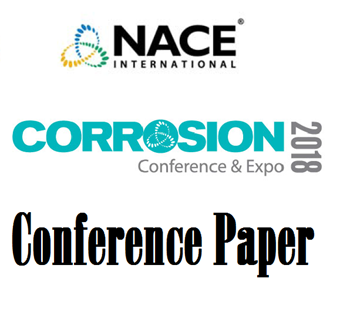Search
Products tagged with 'dcb test'
View as
Sort by
Display
per page
51318-10669-SSC Resistance Testing of Heavy Wall Large-Diameter Pipes using Full-Size Four-Point Bend Tests and DCB Tests
Product Number:
51318-10669-SG
Publication Date:
2018
$20.00
NACE TM0177-2005, Laboratory Testing of Metals for Resistance to Sulfide Stress Cracking and Stress Corrosion Cracking in H2S Environments
Product Number:
NACE TM0177-2005
Publication Date:
2005
$179.00


